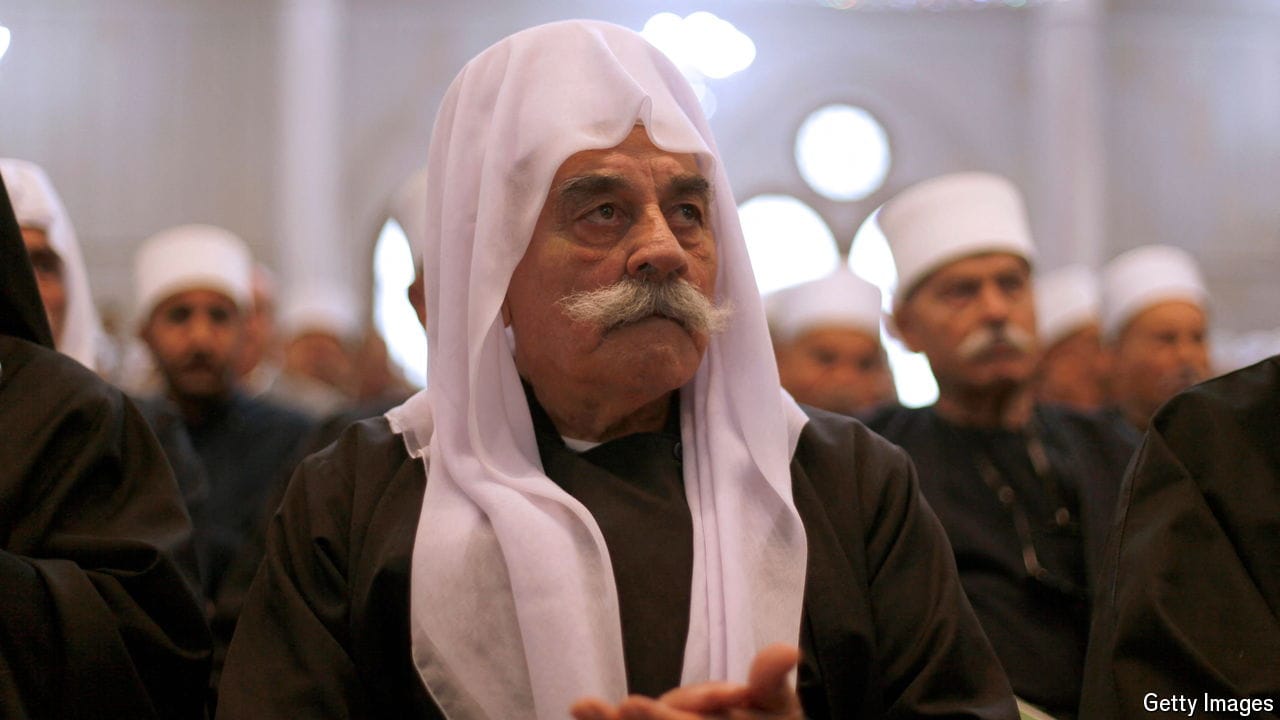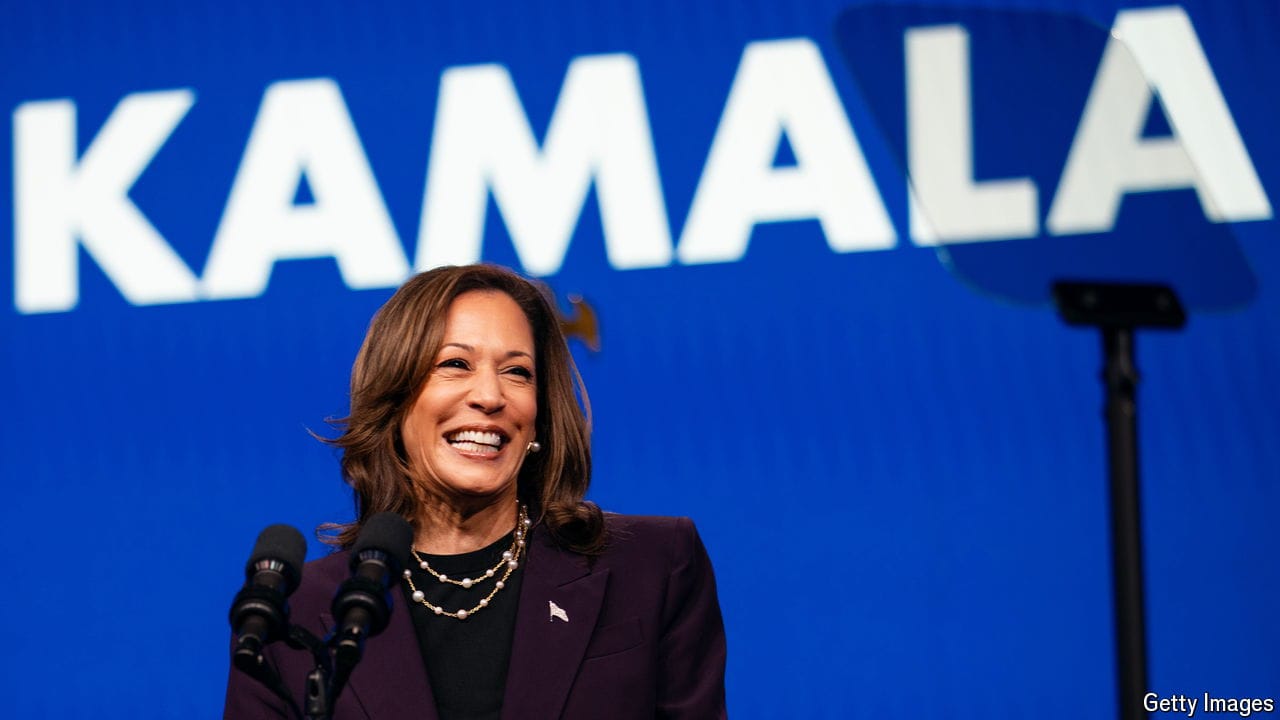What is the American State Department’s “dissent channel”?
A 50-year-old system allows diplomats to criticise their bosses

AMERICA’S STATE DEPARTMENT has been working overtime since war between Israel and Hamas broke out in October. Antony Blinken, the secretary of state, has travelled twice to the Middle East to emphasise President Joe Biden’s support for Israel and urge the country to act with restraint in its battle against Hamas. But not all American diplomats support their government’s stance. Reports have emerged that State Department staff are drafting documents that criticise the Biden administration’s handling of the war. Politico, a news website, reported that one letter, which is garnering signatures, demands that America support a ceasefire and publicly criticise Israel. Such a “dissent memo” is no ordinary diplomatic cable. Why was the dissent channel created, and how effective has it been in influencing policy?
State Department employees must, strictly speaking, execute policy whether or not they agree with it. If they don’t, the highest-impact way to register their disapproval without jeopardising their jobs is to send a dissent cable, in which they express their reasons for opposing a specific policy. Under the department’s rules, diplomats send such cables to the secretary of state’s planning office in Washington, which must acknowledge receipt and pass them up the chain, including to the secretary. The director of policy planning is expected to reply within 30 to 60 days. Anyone in the department is supposed to be able to use the channel without fear of punishment; rules prohibit retaliation. Like most State Department records, cables are meant for internal use only.
Explore more
More from The Economist explains

Who are the Druze, the victims of a deadly strike on Israel?
The religious minority has often been caught up in regional crossfire in the Middle East

Myanmar’s rapidly changing civil war, in maps and charts
Ethnic militias and pro-democracy groups are scoring victories against the governing junta

Who will be Kamala Harris’s running-mate?
She is reportedly vetting a dozen options. These are the top three
Why have so few American presidents been from the West?
Kamala Harris’s nomination would be a milestone for the region
Why the Olympics still has a doping problem
Cheating with drugs has again become an organised affair
Why some Russian athletes will be eligible to compete at the Paris Olympics
Despite antipathy between the Russian government and the International Olympic Committee a handful will compete